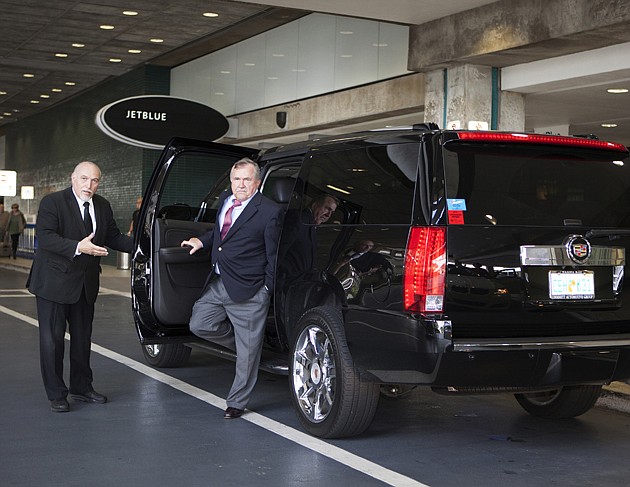- December 13, 2025
-
-
Loading

Loading

The inefficiency of the premium private car service industry stunned Alan Stapleton soon after he arrived in Minneapolis for a June 2012 wedding.
The process, says Stapleton, was agony. He made at least seven phone calls, wasted two hours, and, with no method to price shop a simple hotel trip, he was still stuck at the airport. A retired federal government official-turned-entrepreneur, Stapleton decided to do something about it. Says Stapleton: “It struck me that this could be a lot better than it was.”
Stapleton says he spent the plane ride back home, to Baltimore, drawing up ideas “on the proverbial napkin” of how he could improve the private car service industry. The result is RideCommand, an Annapolis, Md.-based mobile app car service firm that made its nationwide debut in Tampa in mid-October.